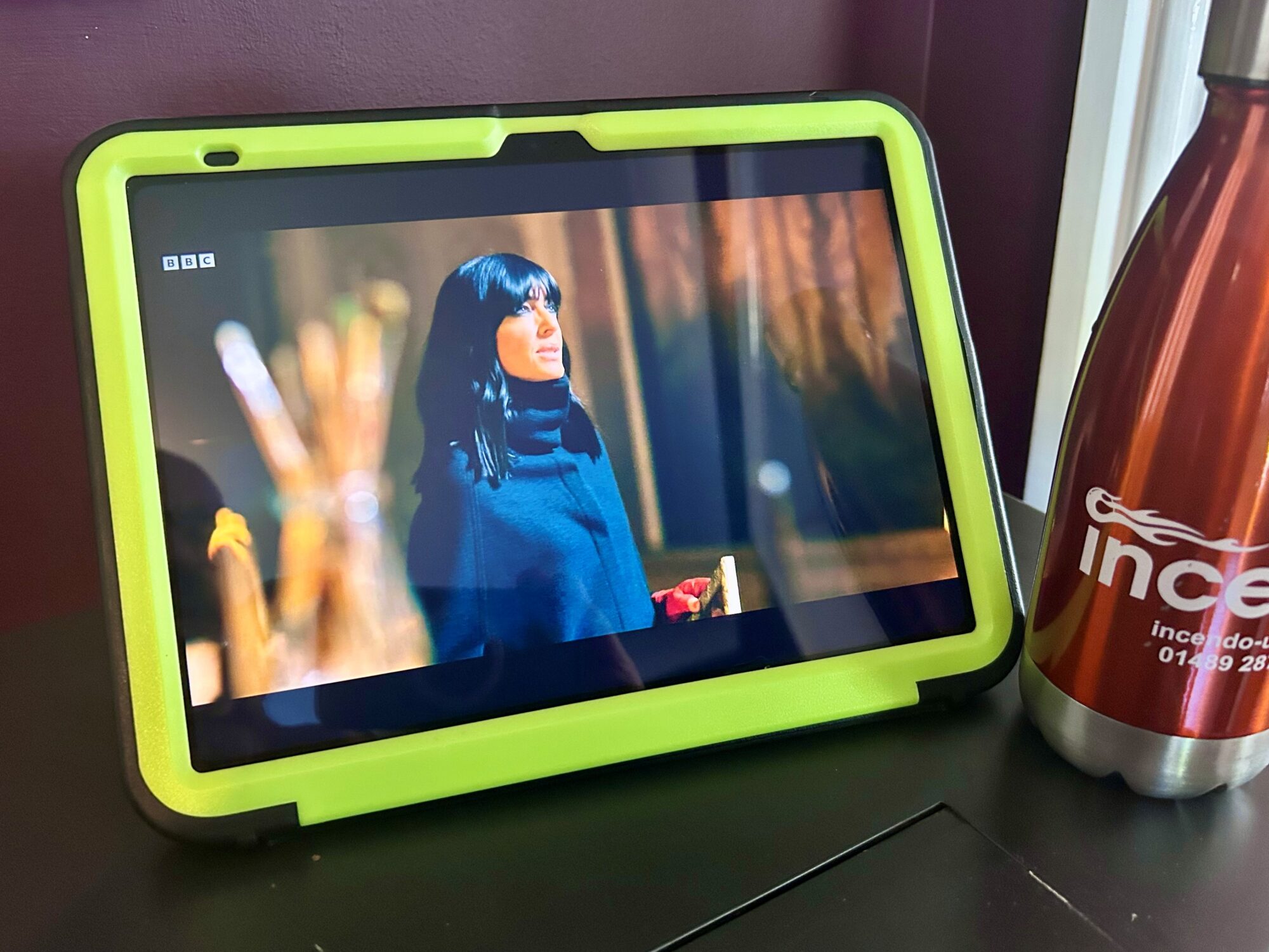If you’ve been watching The Celebrity Traitors, you’ll know it’s a masterclass in team dynamics. There’s strategy, suspicion, shifting alliances and – this week – an unexpected subplot involving Celia Imrie’s flatulence that briefly united the group through laughter (a timely reminder that shared humour can sometimes be the best antidote to tension).

But let’s imagine for a moment that I was called in as a team development facilitator to help the Faithfuls achieve their mission: reveal the Traitors and walk away with the prize. What would I do to support them?
1. Rebuild fragile trust
Trust in The Celebrity Traitors can disappear in a matter of moments. One raised eyebrow or poorly timed joke can turn suspicion into full-blown paranoia.
As a facilitator, my first move would be to create some psychological safety – helping team members name what they’re noticing, check assumptions and communicate clearly. In any high-stakes team, trust doesn’t happen by accident at the flick of a switch; it’s designed through transparency, clarity and open conversation.
That’s exactly what we focus on in our team programmes – equipping teams to surface blind spots and build shared understanding.
2. Acknowledge the politics (because pretending it isn’t there never works)
Every team I have ever led or been a member of, or I have worked with as an external consultant, has had politics. On The Celebrity Traitors, it’s who’s plotting with whom. In organisations, it’s who has influence, who feels unheard and who quietly shapes decisions behind the scenes (for example, in one team I belonged to in corporate life, the plotting and decision-making happened at the smoking shelter amongst the smokers, which included the boss and her unofficial second-in-command).
If I was working with The Celebrity Traitors, my role would be to make those dynamics discussable – I would do this by mapping out influence visibly for all to see, spotting patterns and creating space to talk about power without it turning personal. The goal isn’t to eliminate politics (that’s impossible) but to make it transparent and manageable.
At Incendo, we work with teams to explore the real conversations – the ones that usually stay in the corridor or hidden on WhatsApp.
3. Clarify roles and alliances
Part of the chaos in the castle comes from shifting roles. Who’s leading this round? Who’s taking a risk? Who’s playing safe? Who might have been recruited as a new Traitor?
In a high-performing team, those shifts can be healthy if they’re explicit. I’d help the Faithfuls understand when to flex, when to step forward and when to support from the sidelines. We often use creative exercises and reflective dialogue to explore role transitions in our programmes so that change feels adaptive rather than disloyal.
4. Reconnect to purpose
When paranoia takes over, people lose sight of the point: the Faithfuls are meant to find the Traitors, not each other’s flaws.
In my experience, teams in real workplaces face the same risk. When under pressure, purpose blurs and energy turns inward. My facilitation would bring the group back to their “why”, i.e. what they’re collectively trying to achieve and what it will take to get there.
Our team programmes always link behavioural change to purpose, because without that anchor, teams will typically default to survival mode.
5. Build resilience under pressure
Between accusations, late-night plotting, and (now) the odd gaseous distraction, the castle is not exactly a stress-free zone.
Resilience – emotional steadiness, humour, perspective – is what separates the imploders from the adapters. I’d use mindfulness, reflection and reset techniques to help the team stay grounded and focused. Our Resilience and Mindfulness for Teams workshop does exactly that: it equips teams to respond, not react, when the heat rises.
So, what’s the real lesson?
Whether it’s The Celebrity Traitors or your workplace, team success depends on trust, clarity, purpose and resilience – and sometimes, on being able to laugh together when things get uncomfortable (even if the reason is slightly… wind-related).
At Incendo, we help teams do exactly that: surface the unspoken, strengthen relationships and perform under pressure without turning the meeting room into a medieval round table of suspicion.
If your team could use a bit more Faithful and a bit less Traitor, we’d love to help.
Explore our Team Development programmes




